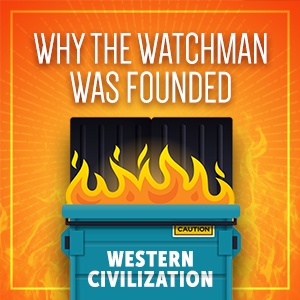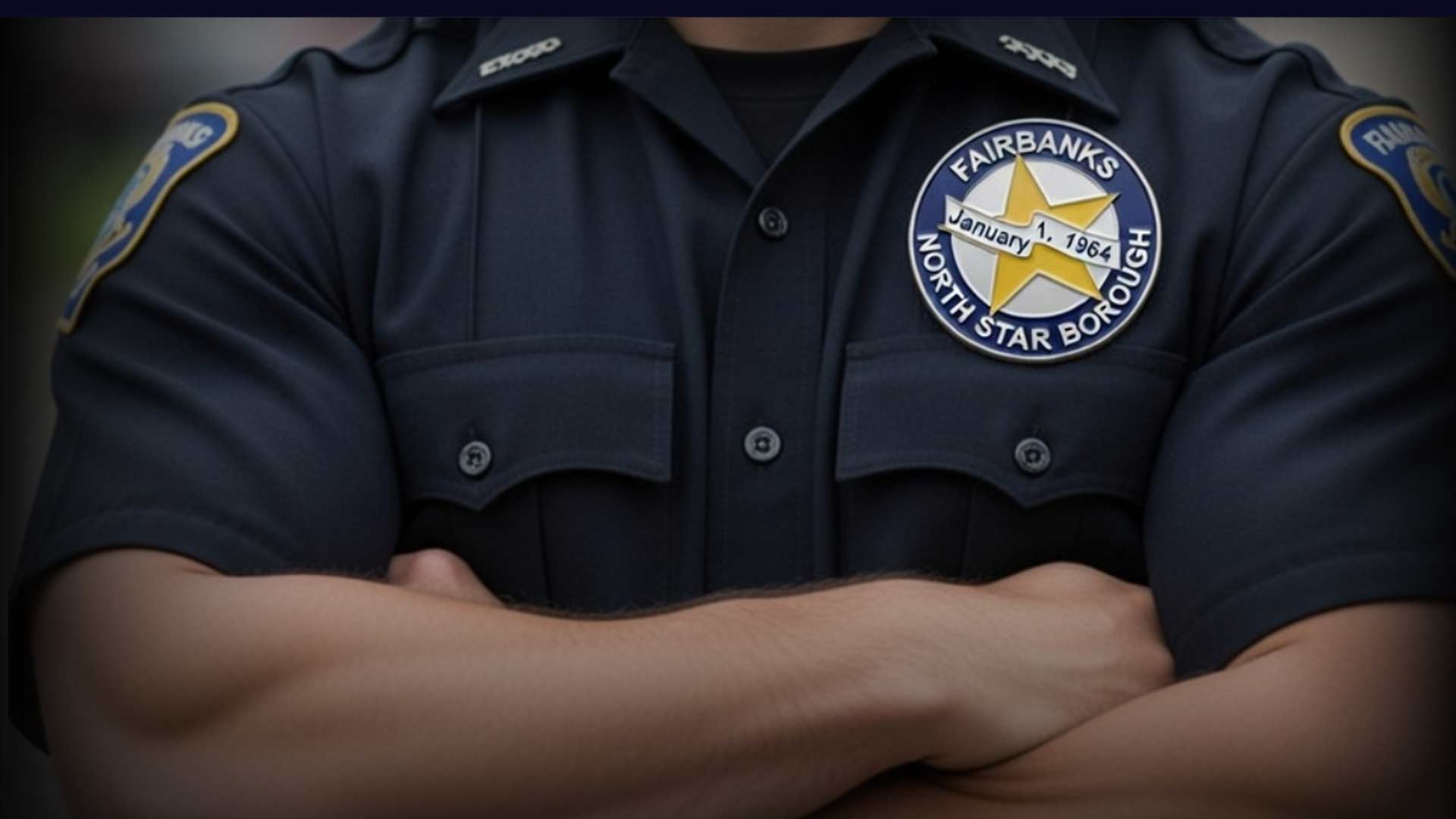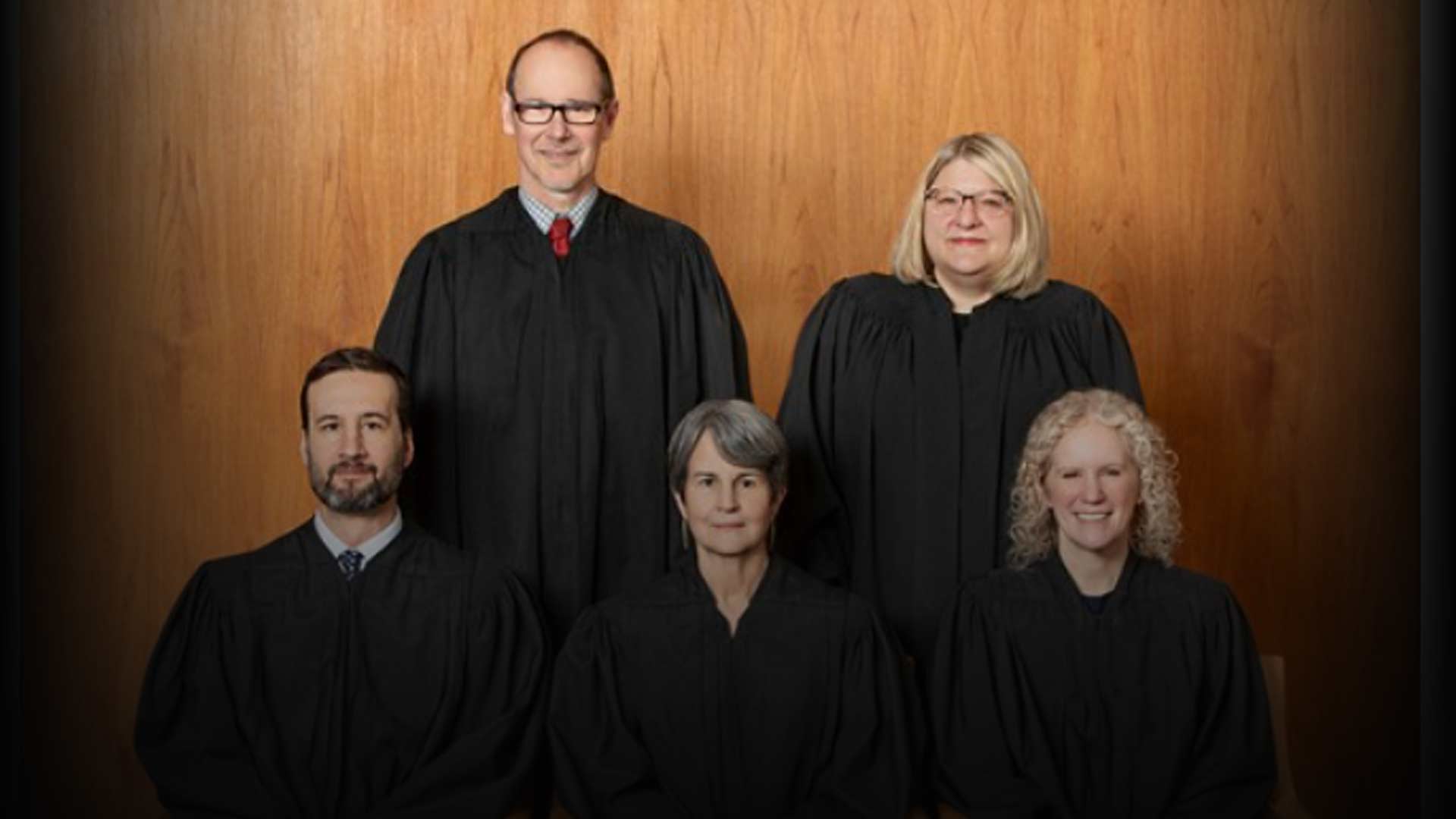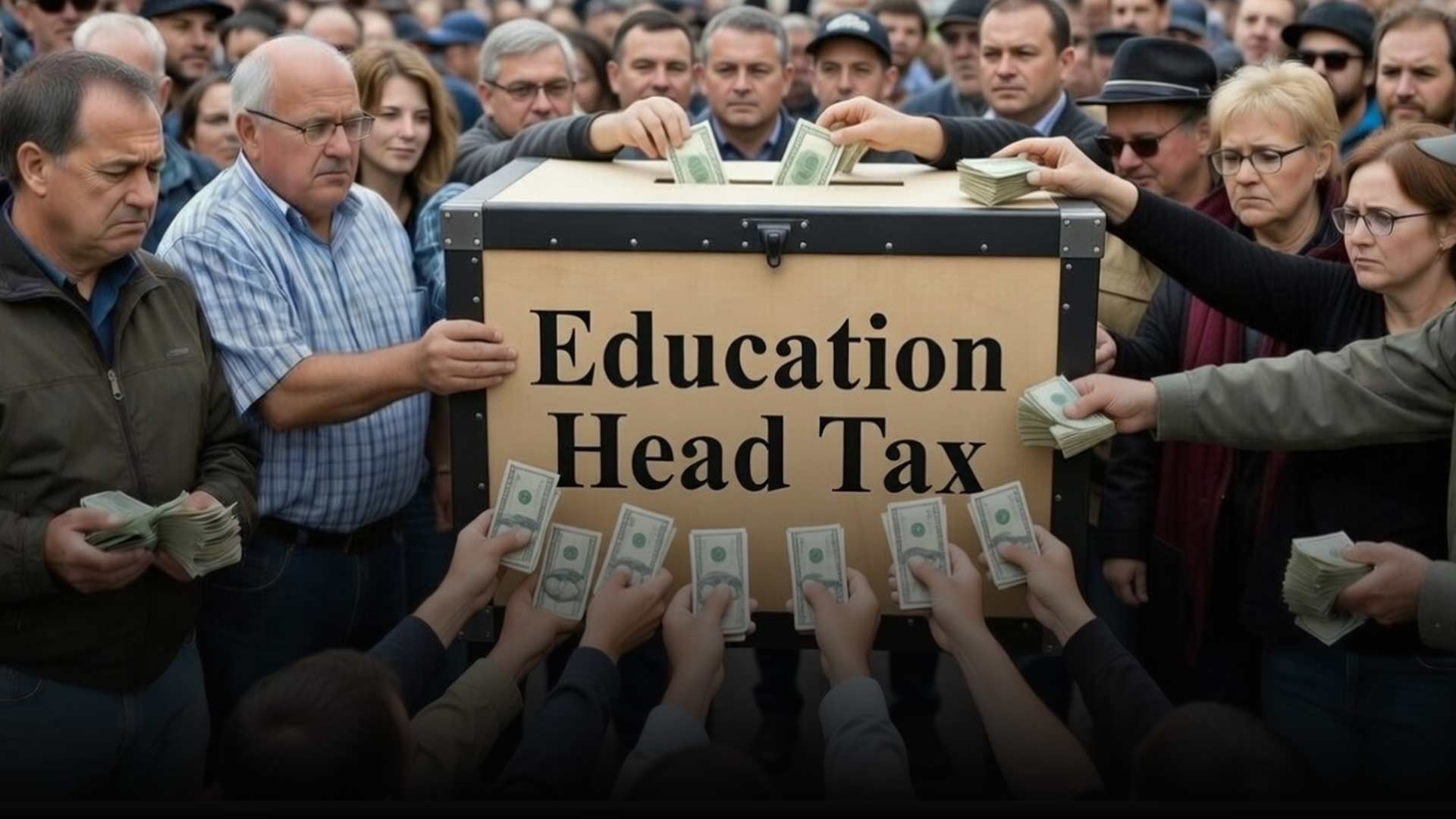
Nathan Block is the vice president of the Campus Conservatives Club at the University of Alaska, Southeast in Juneau where he has received an undergraduate in philosophy and English and is working on his master’s in public administration. The Watchman spoke with Block about what it is like to be a conservative Christian at a very left-leaning university. The interview is edited for length and clarity.
How did the Campus Conservatives Club come about?
BLOCK: It started around 2016 during the Trump election. Conservative students on campus started to feel like we were being treated differently for our political ideology. We created a group where like-minded people could get together to talk about issues that concern everybody. We also wanted a group so we could have an official grievance process for students who felt that student government did not respond to grievances from conservatives who make complaints about administration or curriculum, etc.
Conservative students being conservative are not afraid to express their opinions in class, and a lot of times the curriculum of humanities classes is tailored around the teacher’s own presuppositions. Students started to question and oppose these and started to feel like they were mistreated by teachers and other students. So, they felt like they needed to create a group for solidarity.
In your experience, how are religious and conservative students treated at UAS?
BLOCK: Last semester, in the spring, we had a club a member who used to be president. He stepped down because he felt he was being treated differently because he was the president of our club. He was in a lower-level humanities writing class and his professor used up to 45 minutes of his classes for weeks to complain about Gov. Mike Dunleavy’s proposed budget cuts. That points to a key theme of administration here – they take these lower level classes and they revolve them all around these politically charged ideas. When students object they get shut down in class.
What does your club do?
BLOCK: We get together and talk about current events like abortion or gun rights, etc. Anyone is invited to have constructive conversations. Last year the Campus Conservatives were invited to the Lincoln Dinner with Gov. Dunleavy when he was elected, and we are trying to set up a Campus Conservatives meet and greet with the governor next semester.
Every year the university holds its one-day Power and Privilege Symposium which consists of many talks on left leaning social issues. There are no classes that day, and students are encouraged to attend. Have you ever heard a talk during this event from a conservative or religious perspective?
BLOCK: One hundred percent no. Over the past couple of years, we have had some difficulties and we started to realize that people who are invited to speak here, especially at the Power and Privilege Symposium, were very lopsided and very politically charged concerning liberal thought.
I submitted an idea for a talk this year. I am a graduate student in the public administration program. I wanted to take up the topic of addressing professors who perpetuated a false narrative to students concerning Gov. Mike Dunleavy’s budget proposal. Teachers were distributing flyers advocating for the university. In their rhetoric they said Dunleavy’s budget cuts were 41 percent of the university’s entire budget. And that is completely inaccurate. It was around 14 to 17 percent of the university’s budget.
I wanted to do give a presentation concerning how students can hold professors accountable when they perpetuate false statistics and narratives. As a philosophy major, I love calling out logical fallacies, even my own. I titled my talk: “When professors lie.”
Was your proposed topic accepted by the administration?
BLOCK: No. I was very surprised when they denied mine and put arbitrary conditions on it like requiring a literary review. Last year the student government passed a bill calling for political diversity at the Power and Privilege Symposium, which the administration obviously didn’t follow. So, when we talk about power and privilege, no one has more power and privilege than the administrators of the Power and Privilege Symposium. They get to choose who goes in. They get to choose who gets eliminated.”
The campus heavily promotes “Safe Zones” where students are supposedly free to discuss LGBTQ issues and other topics in a safe environment. What is your experience of Safe Zones?
BLOCK: It honestly looks like exclusivity. I can’t go into a safe space and say that I don’t believe in abortion because it is diametrically opposed to my religious beliefs. That becomes an attack on the people in the safe space who disagree with me. I see safe spaces turning into echo chambers that don’t allow any thought from the opposing side. Our campus has turned into this zone where I’m not allowed to project my personal opinion in these areas because I might offend somebody. With such a small university, it starts to look more like a club rather than really promoting and protecting free speech. It is the complete opposite of that.
Do campus conservatives ever get any push back for their beliefs at UAS?
BLOCK: A lot of conservatives are really scared to voice their opinions publicly. Me being a graduate student with one last semester, I’m not afraid. What are they going to do – kick me out in my last semester? I’m kind of taking it on for everyone else, but sometimes we feel so isolated down here.







